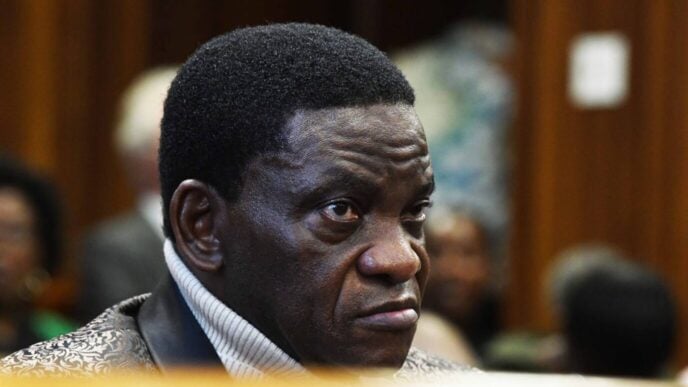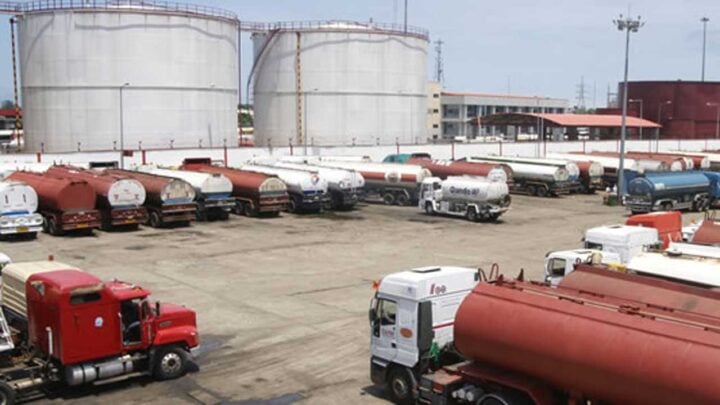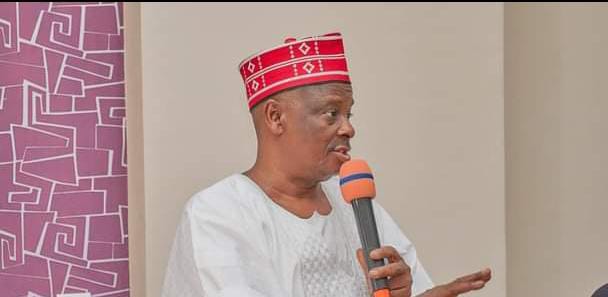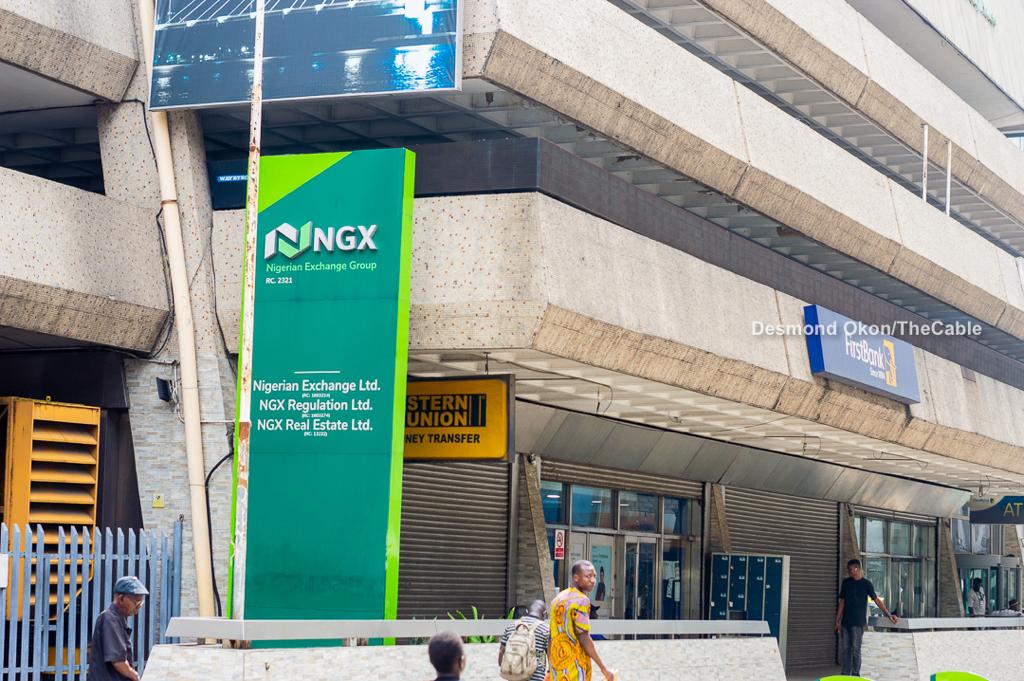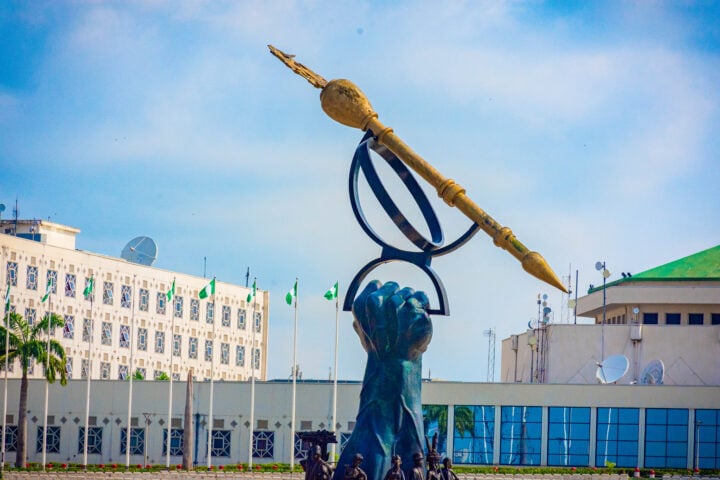Deborah Fadeyi is a 12-year veteran in energy and sustainability. She worked across the aerospace, utilities, and waste sectors before founding Vector Energy, a solar start-up now active in over 20 states. She also runs a nonprofit focused on last-mile rural electrification.
In this interview with TheCable’s JANEFRANCES CHIBUNDU, Fadeyi speaks frankly on Nigeria’s proposed ban on solar panel imports, warning that the policy could reverse hard-won progress on clean energy goals, crash affordability, and kill off small businesses without delivering on the promise of local capacity.
TheCable: You have built a career around clean energy. What drives your work?
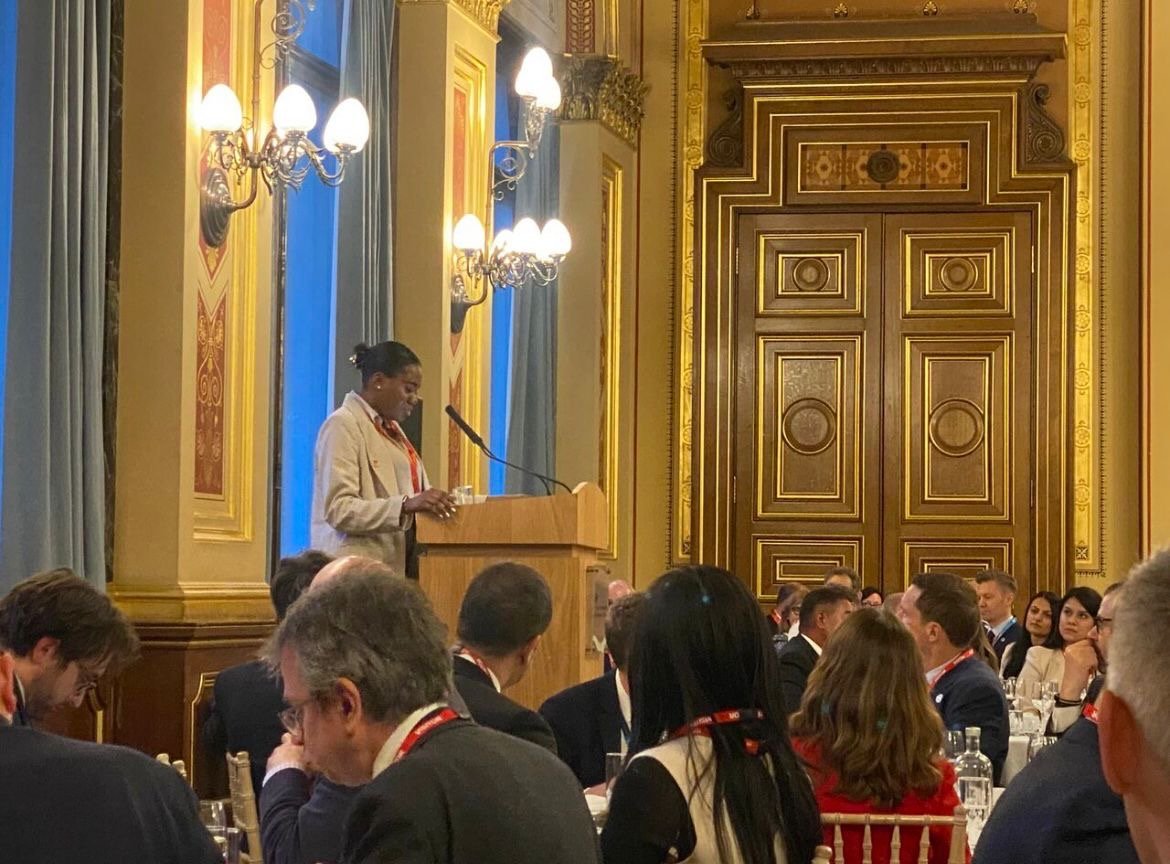
Fadeyi: What drives my work today is the belief that access to clean, reliable energy should not be a luxury. It should be a basic right.
Advertisement
When I launched Vector Energy in 2020, it was to solve a problem I saw everywhere —people and businesses relying on expensive petrol generators and a grid that does not work. We have since expanded to over 20 states, providing portable solar-powered stations that offer a real alternative. Through my nonprofit, we also electrify rural villages using a philanthropic model that empowers communities and trains local youth to sustain the systems long-term.
What keeps me going is the impact — knowing that someone can run their business, study at night, or power their home because of what we do. But equally important is making it affordable. That’s why we partner with banks to spread payments over 12 years, with financing support that makes solar truly accessible.
We are not just plugging people into power — we are also helping them build stability, dignity, and independence.
Advertisement
TheCable: The federal government recently announced its intention to ban solar panel importation. Do you see that working?
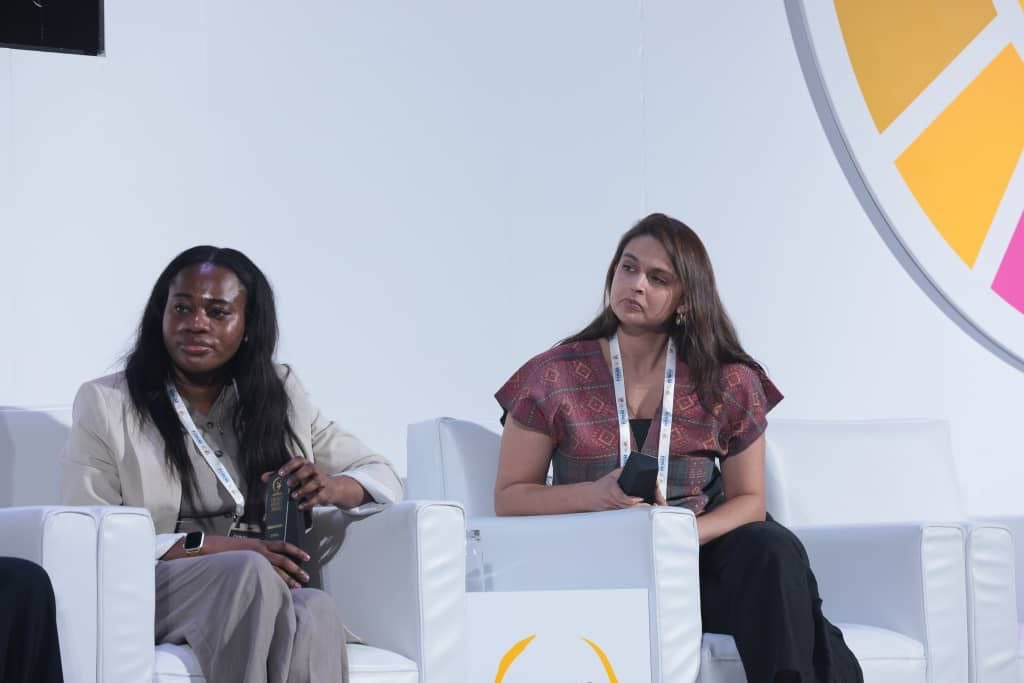
Fadeyi: The federal government’s decision to ban solar panel imports is premature and risky. Local production simply can not meet the scale of demand.
Nigeria needs to expand its solar capacity to 10 gigawatts by 2030, yet the only operational manufacturing plant in Lagos produces less than 20 megawatts — barely a fraction of what’s needed.
Cutting off imports at this stage will spike prices, push consumers toward black market alternatives, and destabilise a sector that’s just beginning to gain momentum.
Advertisement
For companies like ours, which rely on instalment-based financing models supported by partner banks, the ripple effect will be severe. If panels become five times more expensive — as we expect — those models collapse, and the added cost will be passed on to end users.
The reality is that many Nigerians are already struggling to afford solar solutions. This policy risks pushing clean energy even further out of reach for the people who need it most.
TheCable: Some would argue it is about promoting local content. Doesn’t that matter?
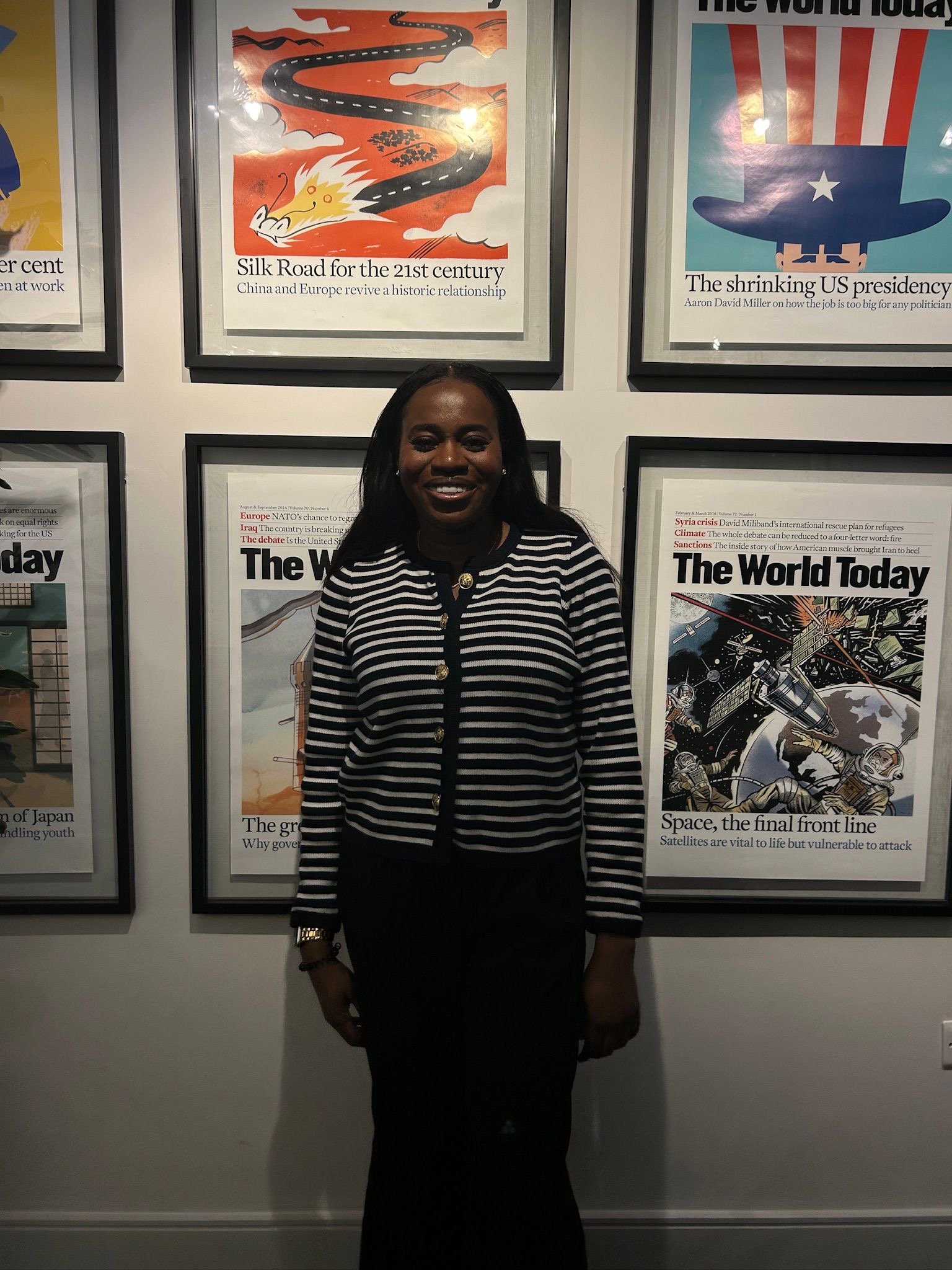
Fadeyi: Local manufacturing sounds great in theory, but in practice, Nigeria is not ready. We lack the infrastructure, research capacity, and affordable energy needed to make solar panel production viable at scale.
Advertisement
Solar manufacturing is energy-intensive. China keeps costs low by leveraging cheap coal power. Why are we looking to reinvent the wheel? Nigeria, on the other hand, does not have reliable or affordable electricity — which means local production would start off at a major cost disadvantage. From day one, solar panels made in Nigeria would be too expensive to compete, both locally and globally.
TheCable: So what is the smarter way forward?
Advertisement
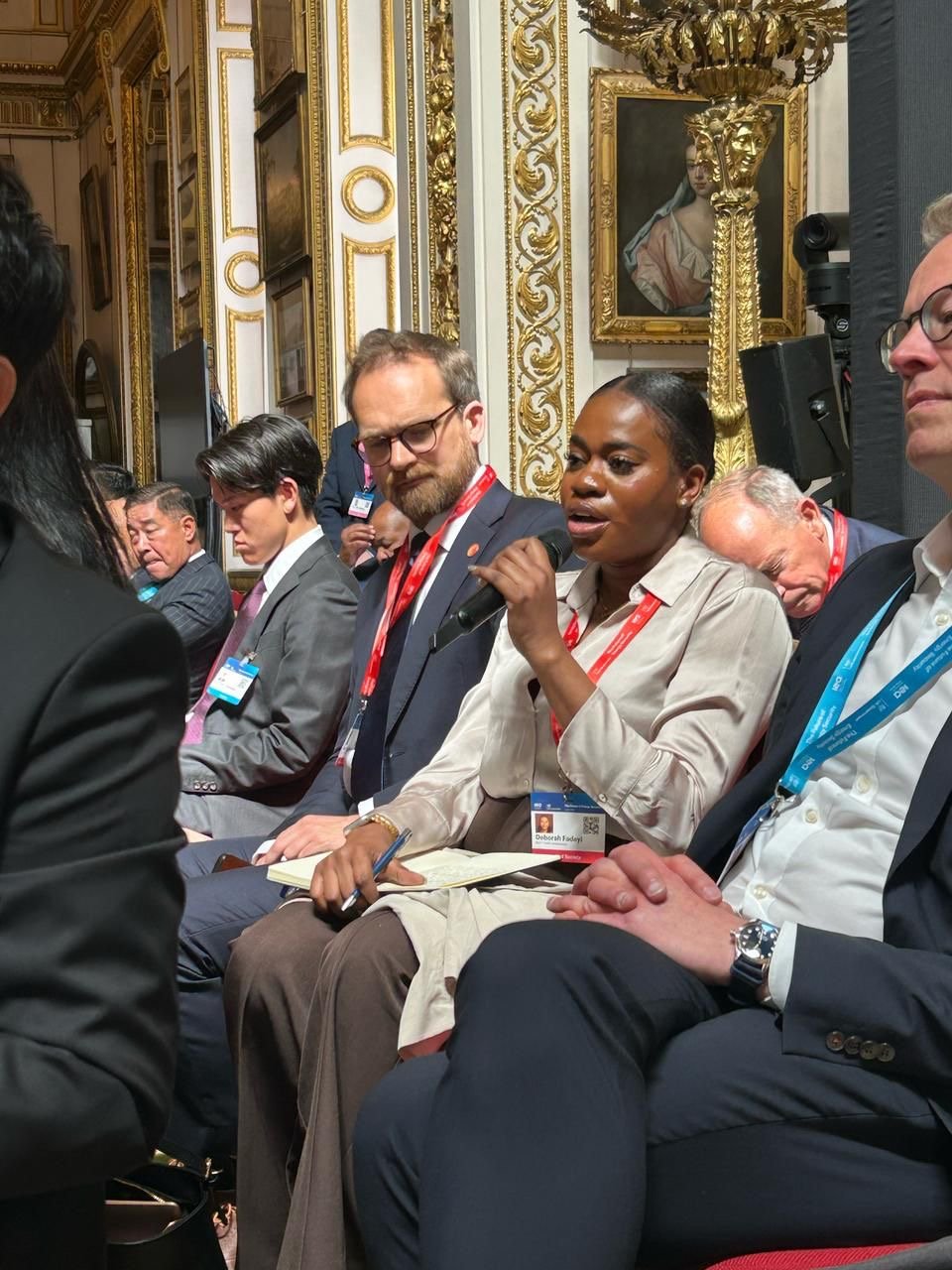
Fadeyi: The way forward is partnerships — not isolation. Nigeria should be leveraging its natural resources — our wealth of critical minerals like silicon. Instead of exporting raw materials, we should focus on refining them locally to add value.
Then, through strategic partnerships with countries like China, we can exchange those refined minerals for high-quality, affordable solar panels.
Advertisement
It is a symbiotic relationship; each country plays to its strengths. This is not about dependency; it is about smart, efficient value exchange. Even major economies like the U.S. and China operate this way. Nigeria does not need to do everything; we just need to do what we are best positioned to do — and do it well.
TheCable: Are there diplomatic or trade structures Nigeria could use for this?
Advertisement
Fadeyi: Absolutely. Nigeria should be using platforms like BRICS, the G20, regional blocs, and bilateral partnerships to strike strategic deals that position us at the heart of the global solar supply chain.
We have leverage in critical minerals and raw materials, and we should focus on refining and exporting those inputs, not forcing ourselves into manufacturing industries we are not yet equipped to handle.
While others are selling chocolate, we sell cocoa and build value from there. That is how we can build real influence — by strengthening our role in the chain, not overextending beyond our current capacity.
TheCable: What about the policy process itself? Was there any stakeholder engagement before this ban?
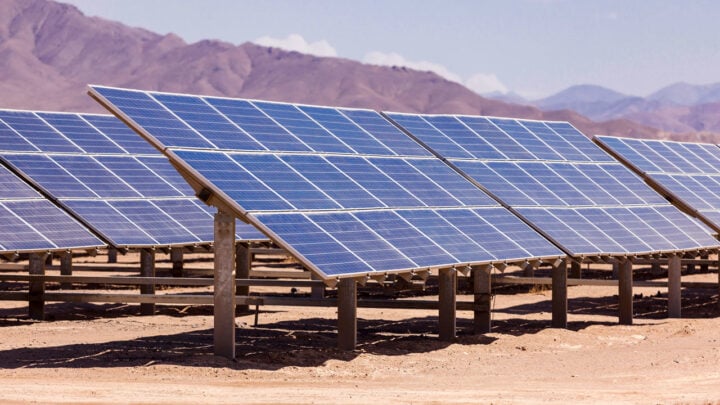
Fadeyi: None that I am aware of. Groups like the Renewable Energy Association of Nigeria (REAN) have publicly criticised the lack of consultation. Solar developers, small businesses, and financiers — the people who actually understand the sector — were not involved. That is deeply concerning.
Good policy is built on data and dialogue. This feels more like an executive decision with no grounding in operational realities.
TheCable: What would the consequences of this policy look like on the ground?
Fadeyi: We will see business closures — especially among small players like us. Customers will be priced out, rural electrification projects will grind to a halt, and investor confidence will evaporate.
Even if the government eventually walks back the ban, which I believe it will once the consequences set in, the damage may already be done.
By then, the sector could have lost critical momentum, shuttered businesses, and wiped out jobs that took years to build. Reversing the policy will not undo the harm if the recovery comes too late.
TheCable: Is Nigeria walking into a familiar trap here?
Fadeyi: Yes, we have seen this play out before with the bans on rice, vehicles, and textiles. Abrupt import restrictions rarely deliver the intended results. Instead, local industries struggle to fill the gap, prices soar, black markets thrive, and ordinary Nigerians bear the brunt.
The idea that we can produce everything ourselves is unrealistic. In today’s interconnected world, national self-sufficiency is a myth. What we need is strategic sufficiency, a clear understanding of where we have an edge, where we should collaborate, and how to build resilience by working smart within the global economy.
TheCable: So, what should be the way forward?
Fadeyi: Pause the ban and start with proper stakeholder consultation. Bring in those who understand the industry — developers, suppliers, financiers, and investors — to help shape a policy that is grounded in reality, not assumptions.
Prioritise removing taxes and excise duties on solar components to make clean energy more affordable. Clean up the market by cracking down on substandard products and enforcing quality standards.
Yes, support local manufacturing. But do it gradually, with the right incentives, infrastructure, and planning. Most importantly, don’t dismantle what is already working in the name of building something that is not ready.



